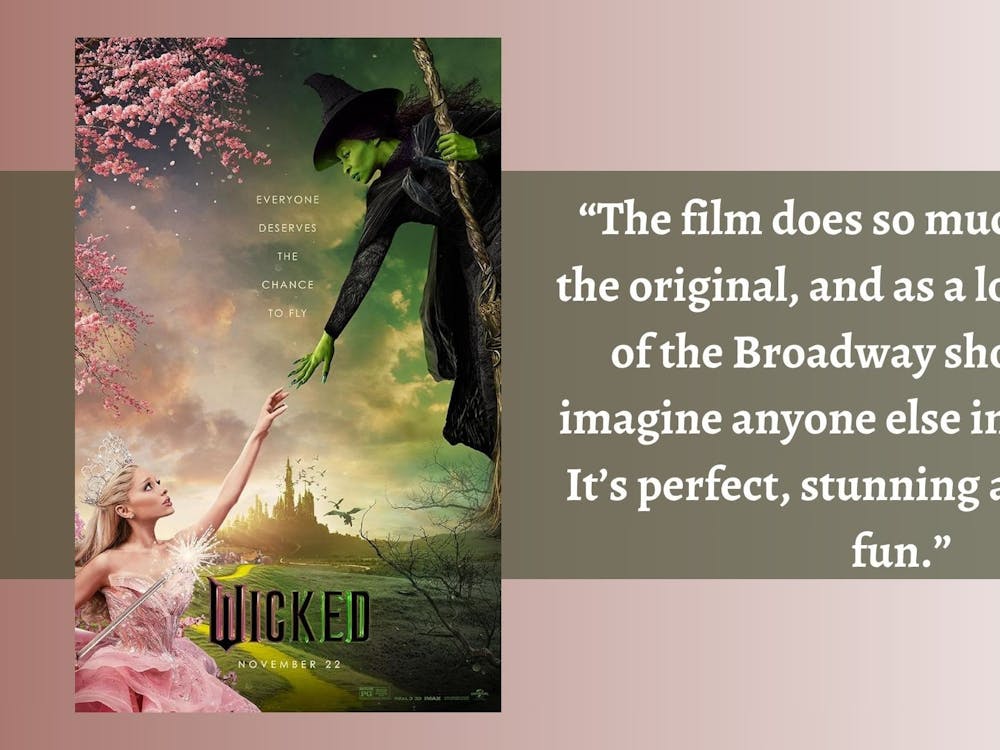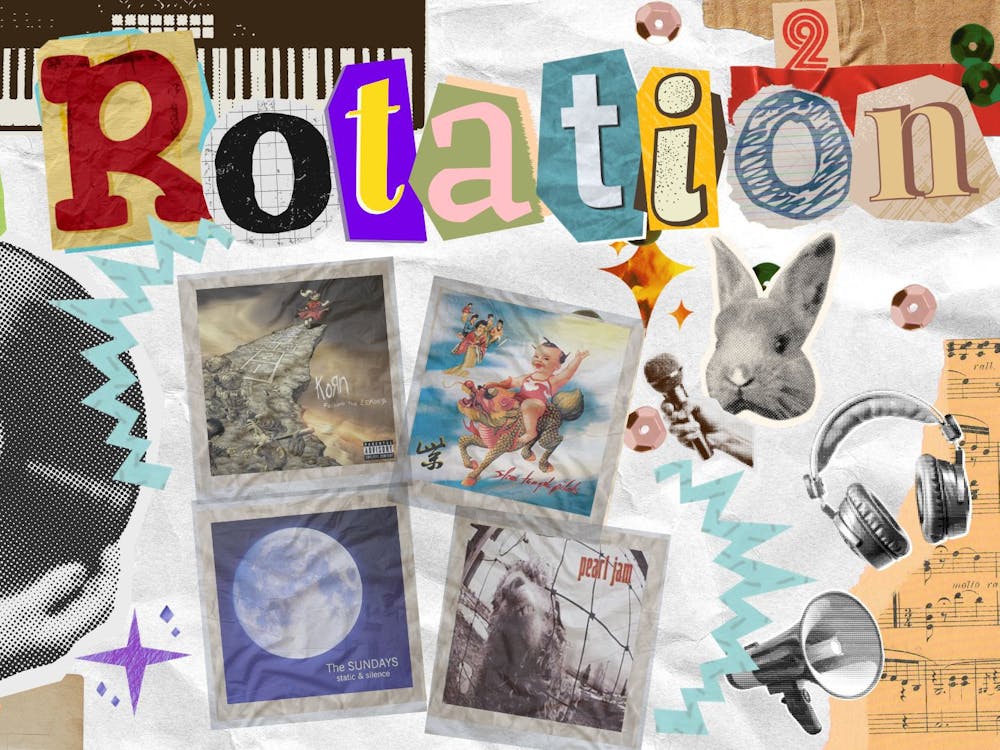By Jack Ryan, Senior Staff Writer
Packed with Puritan paranoia, Robert Eggers' directorial debut, "The Witch," is a methodical and nuanced film that uses its unbearable, slow-brooding tension to drag viewers to a unique and terrifying horror experience.
Based off various New England folktales, "The Witch" follows a 1600s family that separates from its colony due to conflicts of interest and moves to a self-built house on the brink of an enormous forest. There, following the kidnapping of newborn baby, Samuel, by a witch, the family begins to grow tense regarding the circumstances surrounding his disappearance and their standing among each other.
Before long, various accusations of Satanism and witchcraft are thrown around the house, while the true witches lurk in the large wood that borders the farm.
The family - comprised of daughter/protagonist Thomasin (Anya Taylor-Joy), father William (Ralph Ineson), mother Katherine (Kate Dickie), son Caleb (Harvey Scrimshaw) and twins Mercy and Jonas (Ellie Grainger and Lucas Dawson) - is tightly fused to its strict religious beliefs, but still manage to be as dysfunctional as any other family.
Thomasin has to put up with her abusive mother, while accepting the reality that she may be sold away like a product to a suitor. William has to keep the family together at all costs, while Katherine rejects the reality of their situation. Caleb struggles with his feelings toward his sister and his pending manhood. They all tirelessly battle with their religious beliefs and their notions of the divine.
These characters are played to near-perfection by their respective actors, particularly considering the young nature of the majority of the cast. Particularly notable are Anya Taylor-Joy, who embodies both the helplessness and persistence in Thomasin, and Ralph Ineson, whose visually grisly William miraculously yearns for audience sympathy throughout.
Much of the tension of "The Witch" is created through this small isolated cast, à la John Carpenter's "The Thing."
Eggers crafts "The Witch" with a deft hand, creating a film as well-made as it is terrifying, something surprisingly rare in the horror genre in this era. Eggers prefers growing tension to random, startling jump scares, and gives each of his characters strong development throughout instead of simply assigning them a trope.
"The Witch" is even more stunning considering its status as Eggers' debut. This is the kind of film directors make a few movies down the line, but Eggers eagerly tackles the difficulty head-on. He will be a force to be reckoned with in the horror world soon, particularly if his forthcoming "Nosferatu" reboot yields similar scares.
Cinematographer Jarin Blaschke captures the 1600s Commonwealth as an eternally overcast locale, with the reds of candlelight and blood serving as some of the only exceptions to a thematically dreary color palate. Blaschke's expertise lies in his capturing of faces, revealing the minds of his characters through the selective shadowing of countenances.
Blaschke and Eggers also fill "The Witch" with some of the most gruesome standalone visuals in recent memory - from a witch smearing herself in human blood to a crow tearing at the flesh of one of our lead characters - simultaneously unsettling and commanding our attention.
Enjoy what you're reading?
Signup for our newsletter
The music of "The Witch," scored by Mark Korven, also amplifies this dreary setting - borrowing notes from Jonny Greenwood's string-heavy "There Will Be Blood" soundtrack to maintain a deep, inescapable dread throughout.
Despite its various successes, "The Witch" may not sit very well with younger audiences coming to the theater for the adrenaline-junkie kind of scary movie. Eggers creates a creepy and tense picture - one that promotes silent, jaw-open moments of horror, but not one that dives at the screen in a desperate attempt to make you scream.
Similarly, those not familiar with the time period may feel excluded, since "The Witch" carries a Puritan tone at its core. At times, "The Witch" is somewhat reminiscent of the "Book of Job" in its relentless tests of the central family's deep devotion to God, unleashing both self-derived and divine horrors upon Thomasin and her family.
Robert Eggers' "The Witch" may not be a perfect film, but it continues the modern renaissance of creative and compelling horror movies, serving as a much-needed break from the monotony of the today's recycled horror movies.
3/4 stars




